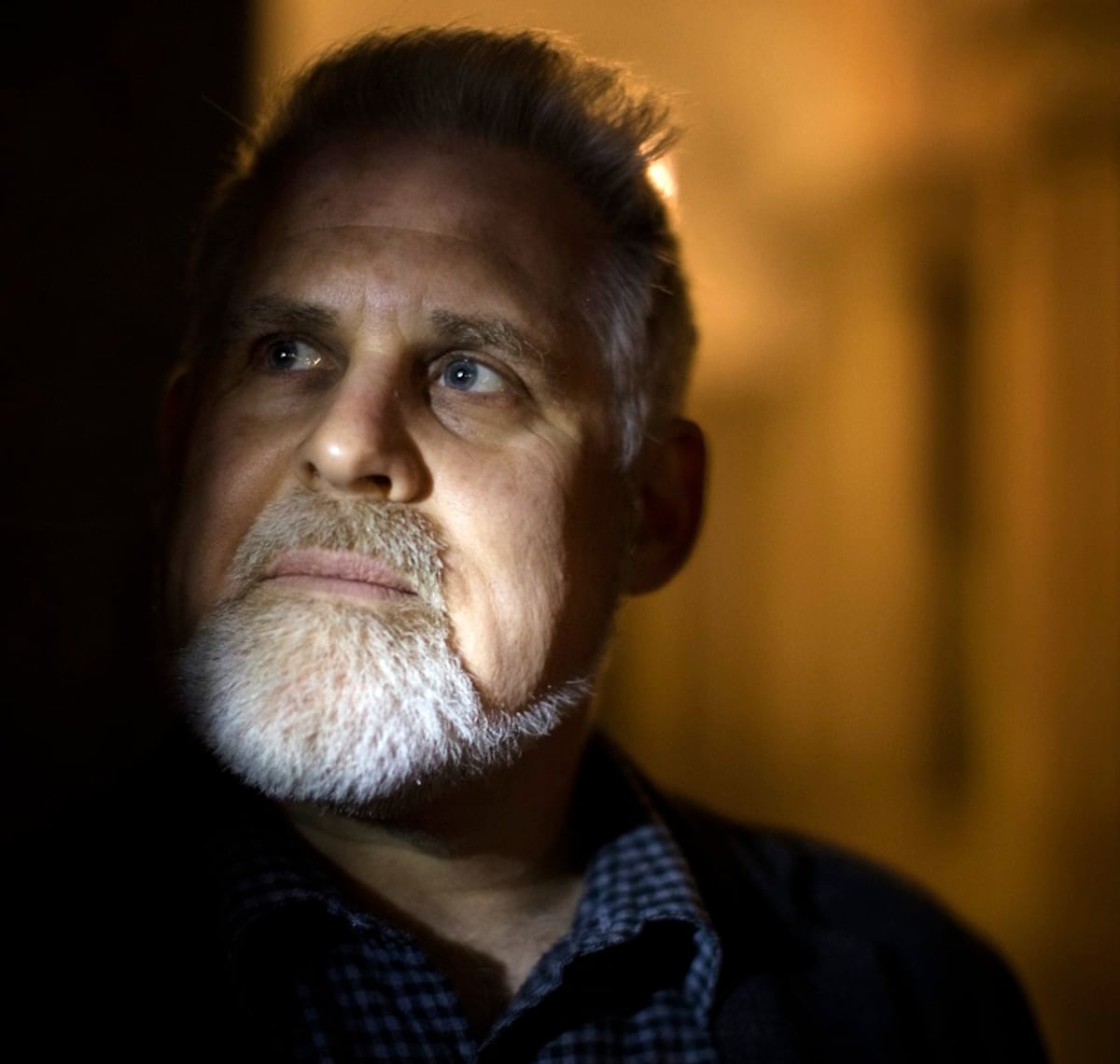In a historic and contentious move, the prosecutor of the International Criminal Court (ICC), Karim Khan, has requested arrest warrants against Israeli Prime Minister Benjamin Netanyahu and Defense Minister Yoav Gallant for their roles in the recent military offensive in Gaza. This request, which extends to three Hamas leaders, marks one of the most significant actions undertaken by the ICC in its pursuit of justice for alleged international crimes. The prosecutor's decision was supported by a panel of independent experts, including renowned jurist Kevin Jon Heller, who has shed light on the rigorous efforts and external pressures faced by the ICC over the past eight months.
The investigation into possible war crimes and crimes against humanity began in the wake of the October 7 Hamas attack and the subsequent Israeli military response. Gathering evidence proved challenging, particularly due to Israel's refusal to grant ICC investigators access to Gaza. As a result, the prosecutor's office relied on testimonies from survivors, victims' families, local doctors, lawyers, journalists, and NGO workers. Despite these hurdles, Khan managed to amass substantial evidence of Hamas' brutalities during his visit to the kibbutzim attacked by the Palestinian militia.
The announcement of the arrest warrants sparked mixed reactions worldwide. The European Union expressed its intent to respect the ICC's decisions, whereas the United States and Germany criticized what they perceived as an inappropriate equivalence between Israeli leaders and Hamas militants. US President Joe Biden denounced the prosecutor's request as 'scandalous,' asserting the lack of equivalence between the actions of Israel and Hamas. This sentiment was echoed by US Ambassador to Israel, Jack Lowe, who vehemently opposed any comparison between the conduct of Israel and the actions of Hamas.
The issue has raised significant debate about the jurisdiction and credibility of the ICC, especially considering that neither the United States nor Israel recognizes the court. Heller pointed out the irony in the international community's selective outrage, noting that no similar concerns were raised regarding Putin's arrest warrant despite Russia also being a non-signatory of the Rome Statute.
The charges against Netanyahu and Gallant include allegations of using starvation as a method of warfare, deliberately inflicting severe suffering, and committing extermination. While the term 'genocide' was notably absent from the charges, Heller emphasized that the ICC's current evidence focuses on more immediately substantiated crimes. He suggested that additional charges and suspects could be forthcoming as further evidence is analyzed. Heller believes that this unprecedented move could mark a pivotal moment in international criminal law, challenging the court's historical focus on the Global South and signaling a new era of accountability.
Amid these legal battles, diplomatic efforts continue between the United States and Israel to navigate the complex humanitarian crisis in Gaza. Ambassador Lowe detailed ongoing US assistance aimed at providing humanitarian aid to Gaza while balancing military strategy and the broader geopolitical landscape. The potential tripartite agreement involving Riyadh, Washington, and Jerusalem showcases the intricate web of diplomacy and strategic alliances that underpin the region's stability. This situation underscores the multifaceted challenges faced by international actors in addressing humanitarian needs, security concerns, and the quest for justice.
- The ICC's request for arrest warrants against Israeli leaders has undeniably stirred a global conversation about the enforcement of international law. The juxtaposition of reactions from various nations highlights the complex nature of diplomatic and legal accountability on the international stage.
- Critics argue that the timing and nature of these charges exacerbate existing tensions and complicate diplomatic relations. Supporters, however, hail the move as a necessary and bold step towards holding leaders accountable for actions that allegedly violate human rights. The ICC's capacity to influence international norms and standards may be significantly tested in the coming months as these proceedings unfold.
- Ambassador Lowe's remarks in his interview with Israel Hayom further detailed the US's stance on the matter. Highlighting the extensive efforts by Israel to provide humanitarian aid amidst conflict, Lowe dismissed the ICC's allegations of using starvation as a weapon as unfounded. The ambassador also emphasized the critical role of strategic alliances in ensuring regional stability and the defeat of groups such as Hamas.
- The ongoing dialogues between the US, Israel, and Saudi Arabia point towards a deeper, more strategic realignment in the Middle East. The potential for normalization of relations between Israel and Saudi Arabia could reconfigure regional dynamics and significantly impact the broader geopolitical balance. These diplomatic engagements reflect the intricate balancing act required to achieve long-term peace and security while addressing immediate humanitarian and legal concerns.






